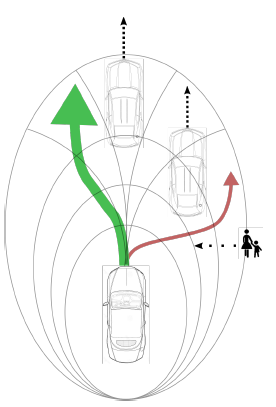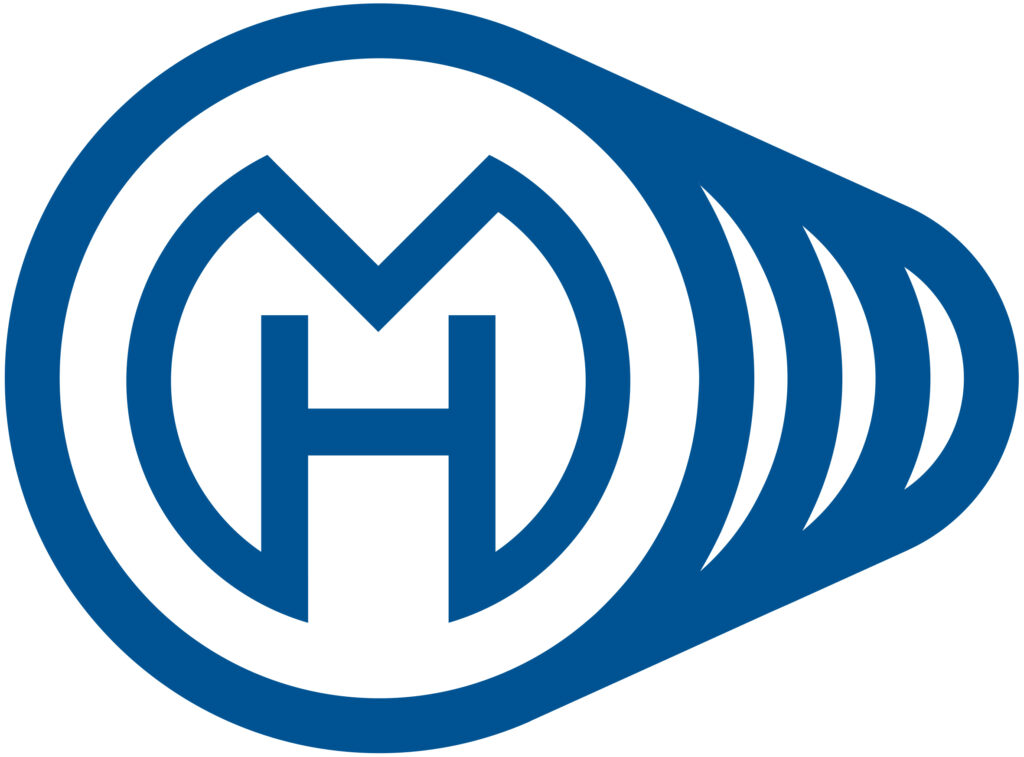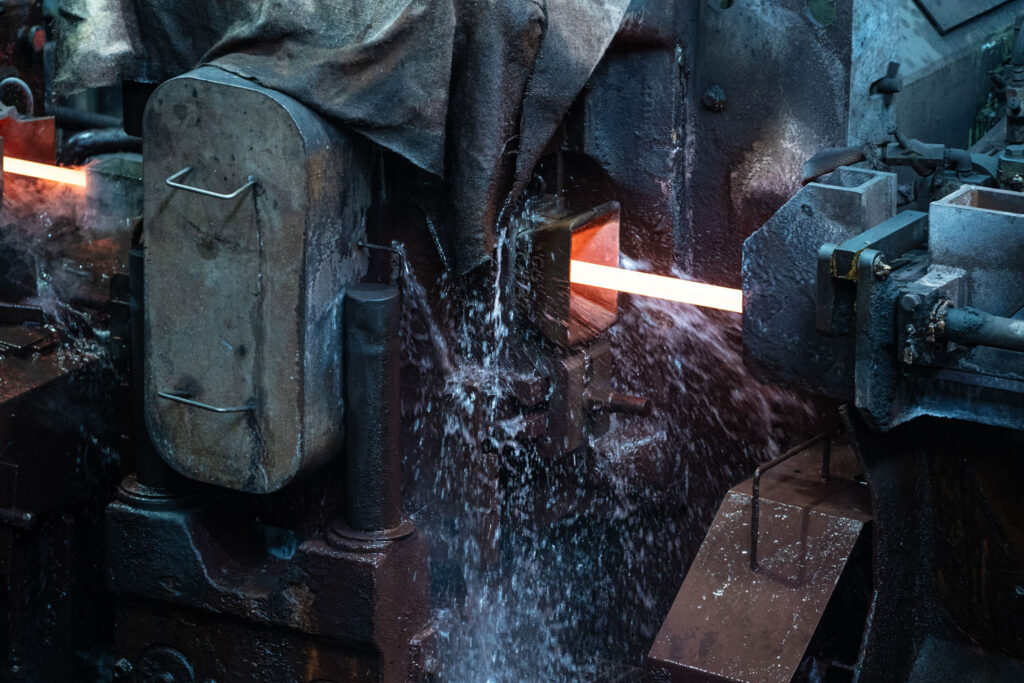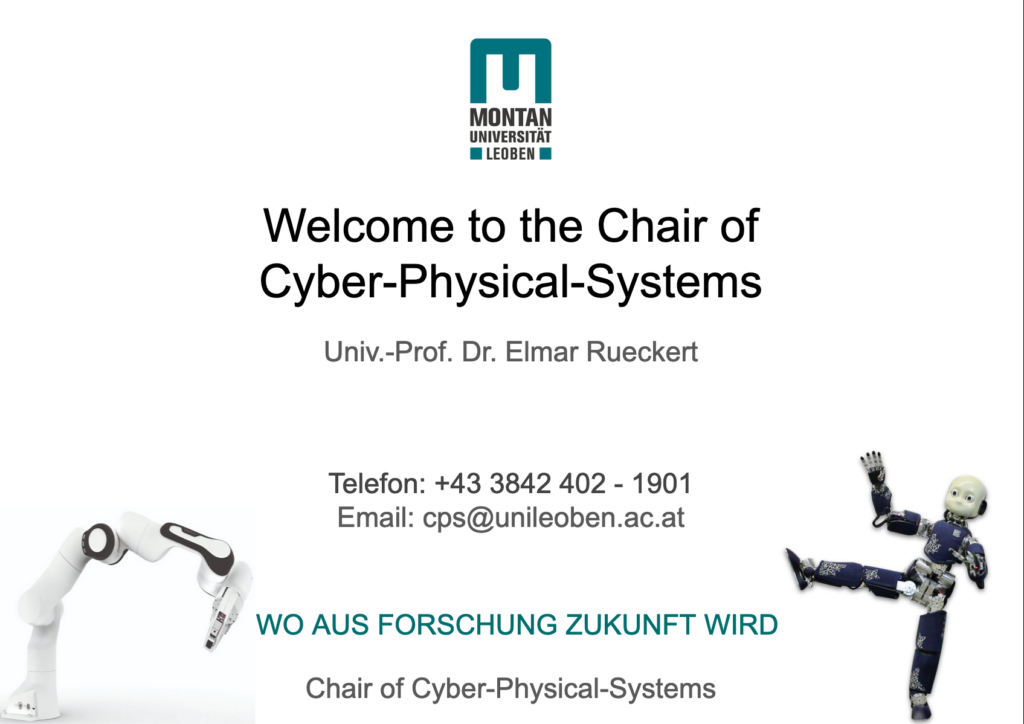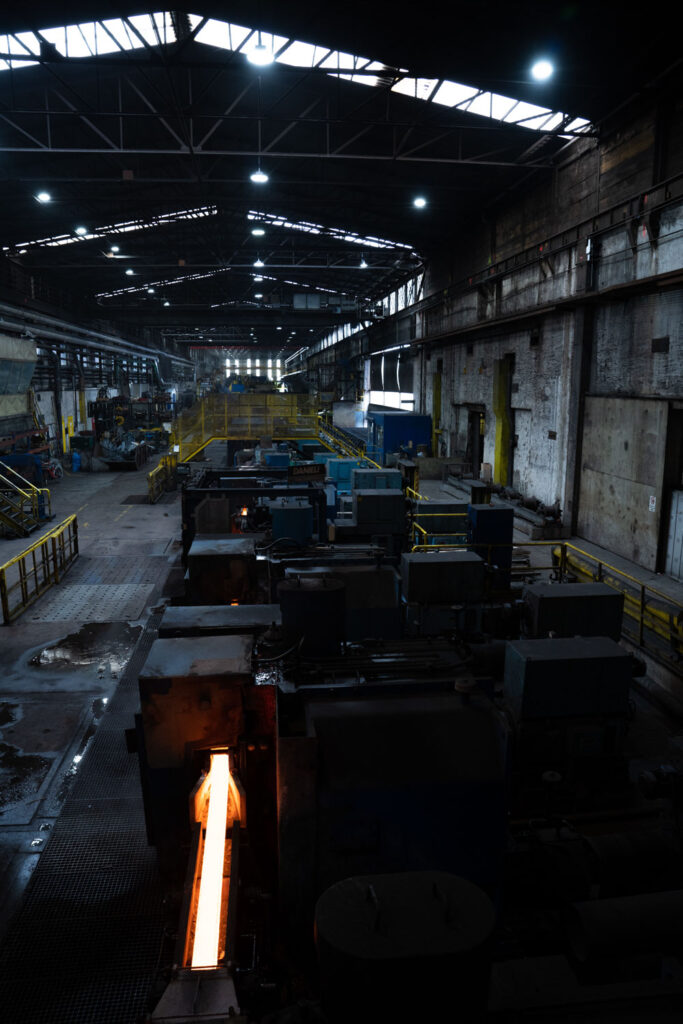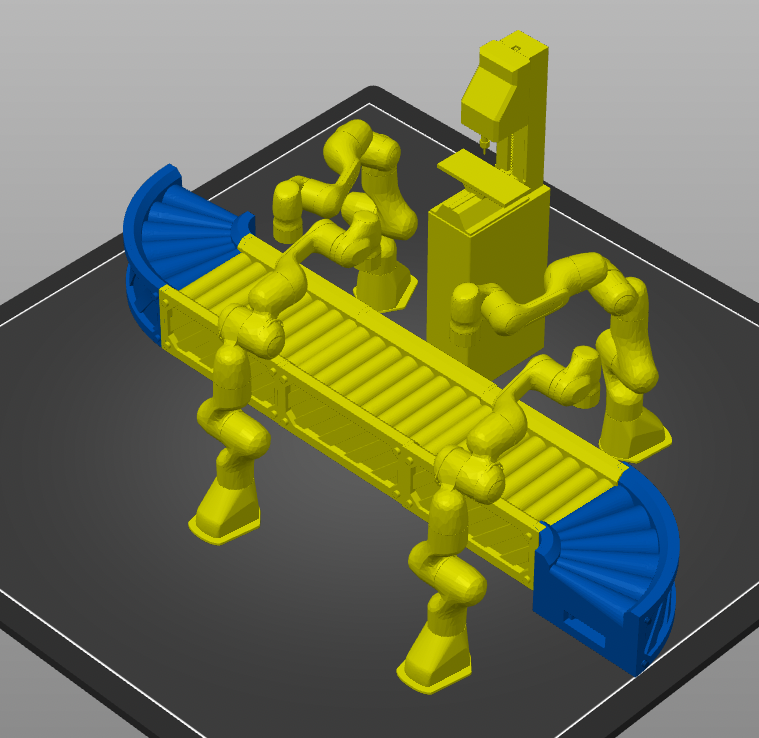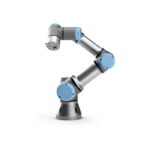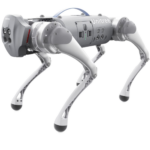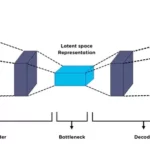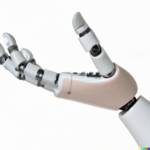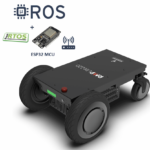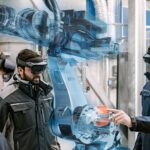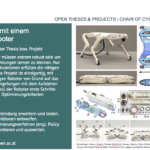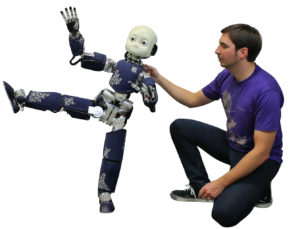Supervisor: Univ.-Prof. Dr Elmar Rückert, Qoncept GmbH
Start date: 1st of August 2022
Theoretical difficulty: mid
Practical difficulty: low
Introduction
As direct observations and permanent measurements during steelmaking processes are not possible, modelling has become a powerful tool. The technique of fundamental-based metallurgical modelling is well-established and demonstrates its capabilities in a wide range of applications in modern steelmaking. Following the general trend, data-driven approaches are increasingly used today in various areas of metallurgical modelling, in addition to these classical fundamental approaches. Depending on the field of application, fundamental-based and data-driven models both have their own advantages and disadvantages.
The overall goal of the present thesis is to combine both models in order to leverage the strengths of these two different methods. The first step is to apply several different data-driven models and compare them to the metallurgical model to see how they perform differently. In the second phase, various ways of combining data-driven models with the metallurgical model should be investigated. For example, this could be done via a data-driven optimization of its tuning parameters or by replacing them with data-driven models. Also, adding a data-driven residual term to the metallurgical model could be possible. Based on these findings, the third part of the thesis should focus on online learning and methods of how to avoid an off-drifting of the model. The fourth and last section of the thesis should investigate various ways of detecting errors in new data. While point one and two are the main focus of the thesis, point three and four are considered to be optional.
Tentative Work Plan
The following concrete tasks will be focused on:
- Literature research.
- Training of different data-driven models in Python.
- Performance comparison between data-driven models and the metallurgical model.
- Combination of selected data-driven models and the metallurgical model in Python.
- (Optional) Investigate different ways for online learning and live performance evaluation.
- (Optional) Anomaly detection in new data.
- Thesis writing.


